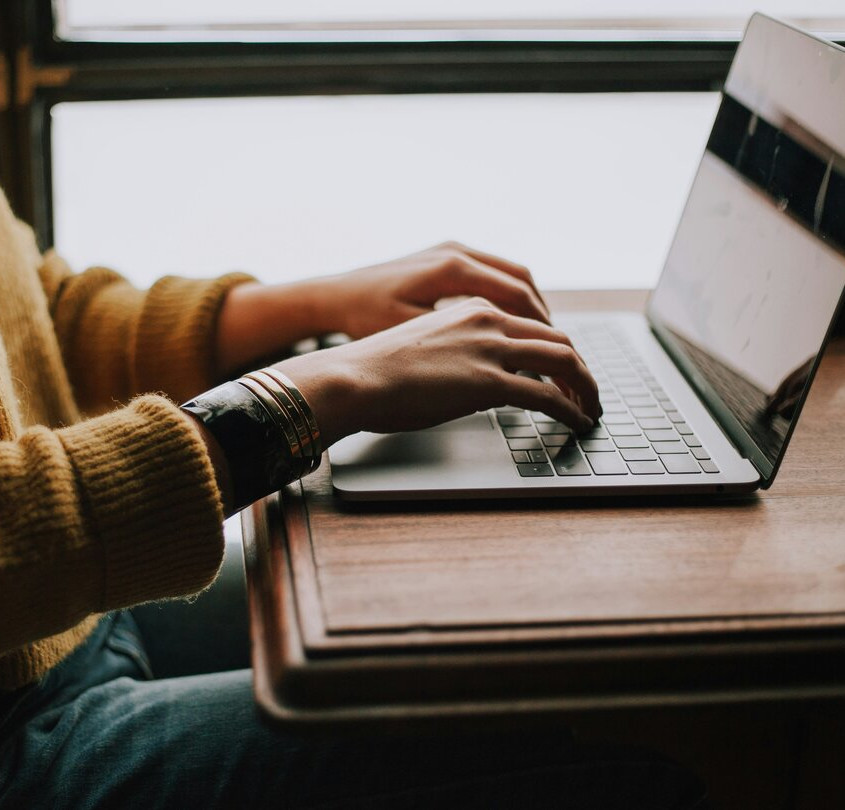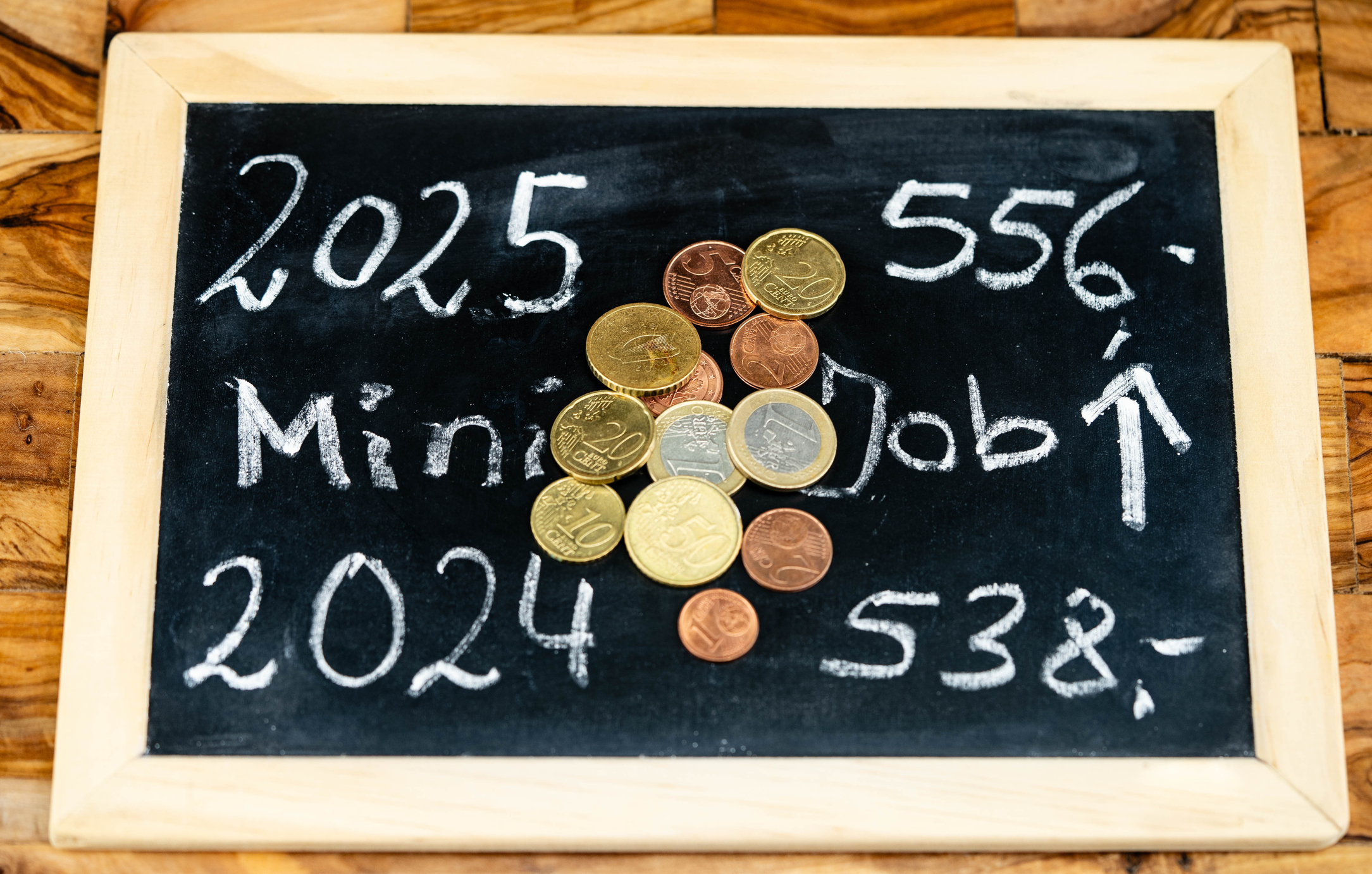
Interview Preparation Tips
So you’ve got the e-mail/letter/invitation confirming the time and date of your interview. Well done! That’s a great result given the competition for roles out there today but don’t congratulate yourself too soon, there’s still a lot to be done to give yourself the best chance of having a successful interview! So here are four things you can do which will help:
- Research the company
Pretty much every company in the world has a website, so get on there and find out about the company you may be working for. What does it do? How long has it been going? Who are the founders? What’s the history of the company?
Check out the ‘about us’ section of the website and you should find all the answers to these questions. But, be warned, all the other candidates will be doing exactly the same thing as you so, whilst the interviewers will be impressed that you have taken time to learn about the organisation, how can you get that edge over your competition?
You need to go a bit further and find out what the culture or the company is and what type of clients/customers the company’s aim it’s products & services at. One good way of doing this is reviewing independent feedback on the company. Visit the company’s social media pages and read the reviews. Check out the Business profile on Google to see the reviews on there and try Trust Pilot, Trip Advisor, Which, Checkatrade etc to see what their customers are saying about them, and get a feel for their reputation. Offering an additional level of insight and understanding of the company will definitely set you apart from the rest.
Top Tip – prepare 3 bullet points of what you have found out about the company, and try to memorise them ahead of the interview so you have something in mind if they ask “what do you know about us?”
- Research your Interviewers
It’s standard practice for the recruiter, whether an agency or an internal HR team member, to advise you of who your interview will be held with. If it’s not included in the invitation, don’t be scared to ask your contact who exactly you will be meeting, how many people will be interviewing you and what their roles are. This is all relevant information so any employer would be happy to share this.
Once you have the names of your interviewers, try and find some information about them. That doesn’t mean you should friend request them on Facebook, or follow them on Instagram, in fact definitely DO NOT do that! If you turned up to the interview and knew all about your interviewers family, pets and their favourite food whilst evidently prepared, this is unlikely to be well received! #stalker
Find out some professional information about them, things that may be relevant to the role. Use LinkedIn to check out their profile, their job history, where they started and what career path they have taken. Look at some of the qualifications they have achieved on the way, and make a note of any areas of common interest, and come up with some pertinent questions that potentially could be used at the end of the interview when they ask the dreaded “do you have any questions for us?”. This could also identify some mutual connections in case anyone in your network has worked with this person before.
Top Tip – if you have any mutual connections, contact them with a message to say about your upcoming interview and any tips they might be able to offer to help. You’ll be surprised at the level of insight you can receive this way!
- Prepare something to showcase your experience
This can be a real value add to the interview, should the opportunity present itself. Depending on the type of role you’re going for of course, gathering some examples of the type of output you have delivered in the past can really help. If you have worked as a Project Manager, perhaps you have a Project plan that worked particularly well, that you could display? If the role articulates a requirement for stakeholder management skills, document a communications plan that you used on your last project to highlight the various ways you managed comms. to the various stakeholders you had.
Obviously, if you are going for a job as an Accountant, it could be hard to evidence your last bank reconciliation or the profit and loss account you’ve just completed for your client, but the principle can apply in all jobs. Think about some key achievements, something you’re proud of that you’ve done and make a note of it. Anticipate some of the questions an interviewer is likely to ask you; Can you think of a time where you’ve dealt with a difficult customer? Can you provide an example of a time where you missed a deadline, and how did you deal with the fallout? Is there a time where you had an unexpected piece of work given to you to deal with immediately, how did you manage that priority against your existing work?
Top Tip – Prepare notes to take with you in the interview, if you feel you need to. When you’re doing a video interview, you can have them next to you easily refer to them. Even in a face to face meeting, it will not go against you if you take some notes in and refer to them during the interview… but make sure they’re succinct and organised so you don’t waste too much time flicking through them!
- Plan the day of your interview
Don’t leave anything to chance. As you’ll see in our ‘On the Day of the Interview’ article, first impressions are critical so, makes sure you plan the day of your interview around the interview itself. Fail to plan, and you plan to fail! You need to minimise the risk of anything that could prevent you from attending the interview on time, no matter whether it’s a video call or face to face. The checklist below will help:
- School run – do you have time to drop the kids off at school or pick them up before or after the interview? If you have an interview at 2pm, don’t assume it will be done by 2.45pm so you can make it to school at 3pm, because it may overrun and you need to be 100% focused on the interview. It’s best to err on the side of caution, so perhaps make alternative childcare arrangements that day.
- Usual Routine – What time do you usually get up in the morning? If you don’t have children, you may have got into a habit of getting up a bit later than you would if you need to get into the office. Make sure you set any alarms, perhaps a reminder on your phone the day before the interview as a reminder to make sure you don’t oversleep! The more time you spend preparing, the more relaxed you will be.
- School holiday achedule – If the kids are on holidays, it can throw your whole routine! If the interview is via a video call, try and arrange a quiet space and some time for yourself to be in the interview and be able to focus. Since COVID potential employers are far more understanding of this but, again, if you can make arrangements to have a child free time slot for your interview, it would be advantageous.
- What to wear? – Believe it or not, this has the potential to cost valuable time on your day. Make sure the shirt, skirt or other item of clothing is washed, ironed and ready to wear on the day of your interview
- Appointments, other meetings etc – Make sure any appointments allow you enough time to get back home. This will obviously differ on where they are, but make sure you have ample time to get home, or to the interview location to prepare and get focused and be present before the interview starts. If you are working from home, make sure that any meetings finish at least half an hour before the interview is due to start so you can switch off from your current work and fully focus on preparing for your interview.
Top Tip – Set specific reminders up for the day of the interview on your phone, plan your day around the interview and make sure that you have everything in place ready to make the day of the interview as easy as it can be. This will give you more time to focus on that and minimise the need to focus on sorting other things out.



